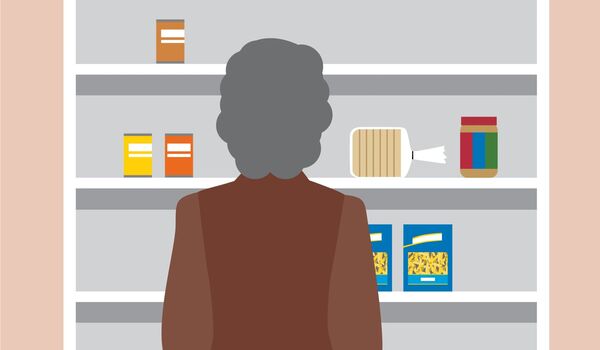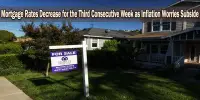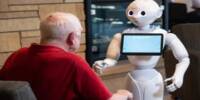Japan has the world’s highest life expectancy. However, older persons who are struggling financially may avoid receiving medical attention or using long-term care insurance. These decisions may enhance the occurrence and advancement of frailty in people’s lives. A group of scientists conducted a study on older persons to investigate the relationship between a sense of economic instability and a person’s participation in social activities.
The findings revealed that a person’s experience of economic insecurity was not linked to physical conditions, subjective symptoms of dementia, or social situations. It did, however, increase with loneliness and decrease with more well-being.
The team published their research in the journal PLOS ONE.
According to statistics, older folks account for 37.7 percent of all suicide deaths in Japan. In 2022, the most common reasons for suicide were “health problems,” followed by “family problems” and “economic and lifestyle problems.” Low income is one of the risk factors associated with frailty, which is defined as greater sensitivity to health changes caused by an age-related deterioration in physical functions. The Ministry of Health, Labour, and Welfare encourages older people to engage in social activities to avoid getting feeble.
For low-cost social activities to function as a place for preventing frailty and suicide, it is necessary to investigate the actual state of the participants’ economic insecurity and discuss how to provide support for effective social activities.
Yuriko Inoue and Hisae Nakatani
“For low-cost social activities to function as a place for preventing frailty and suicide, it is necessary to investigate the actual state of the participants’ economic insecurity and discuss how to provide support for effective social activities,” said co-authors Yuriko Inoue and Hisae Nakatani, both from Hiroshima University’s (HU) Graduate School of Biomedical and Health Sciences, in a joint response. Inoue is a Ph.D. student at the graduate school’s Division of Integrated Health Sciences while Nakatani is a professor emeritus at the university.
The researchers conducted a cross-sectional survey to discover characteristics that contribute to a perception of economic insecurity among older persons who participate in social activities. Participants in the poll were at least 65 years old. They were individuals who willingly engaged in low-cost community-based social activities such as fitness and hobbies. The self-administered survey form was delivered to 1,351 persons in Hiroshima City, Japan, from July to December 2022. Staff from community general support centers distributed surveys to these adults.
To assess a person’s perception of economic insecurity, the survey questioned, “Do you have economic anxieties?” Participants answered on a four-point scale, ranging from “not worried” to “worried.”

There were also questions related to a person’s physical condition and whether or not they had subjective symptoms of dementia. The survey also asked questions related to a person’s social conditions. These questions focused on the frequency of outings, social activities, working status, and whether or not the person was socially isolated. The last category of survey questions focused on psychological conditions. These questions were designed to assess a person’s loneliness and subjective well-being.
According to the poll results, 43.6 percent of older individuals who participate in social activities experience economic insecurity. Their economic insecurity was unrelated to physical conditions, subjective symptoms of dementia, or social situations such as frequency of outings or isolation. The team did, however, observe that the sensation of economic insecurity was lower among older persons aged 85 and older, and higher among those who felt psychologically lonely and had a lower subjective sense of well-being.
“Given that nearly half of the older adults participating in social activities felt economic insecurity, receiving support to alleviate this issue through social activities could contribute to improving their mental health,” Inoue stated.
This study measured the subjective economic insecurity of older adults. However, the association between actual income and expenses could not be surveyed.
“Given the cross-sectional nature of the study design, further investigation through longitudinal and intervention studies involving factors based on objective indicators is needed to validate this association,” said Inoue.
Looking ahead, the team proposes examining background elements associated with loneliness and subjective well-being, such as the frequency of encounters and amount of closeness engaged in social support.
The team’s findings may prompt health care practitioners who promote community-based social participation to consider providing support targeted to older persons’ ages as well as psychological and economic anxieties. Because nearly half of older persons who participate in social activities experience economic instability, receiving assistance to alleviate this issue through social activities may contribute to enhancing their quality of life, including their mental health.
















